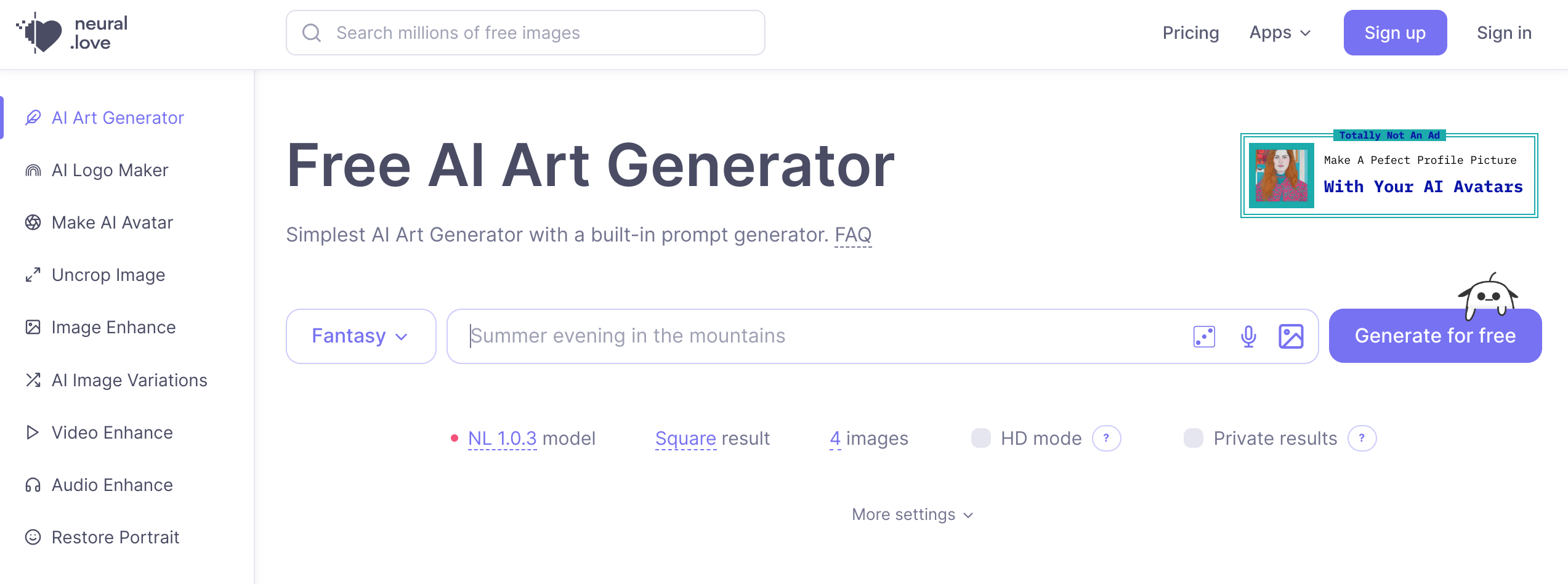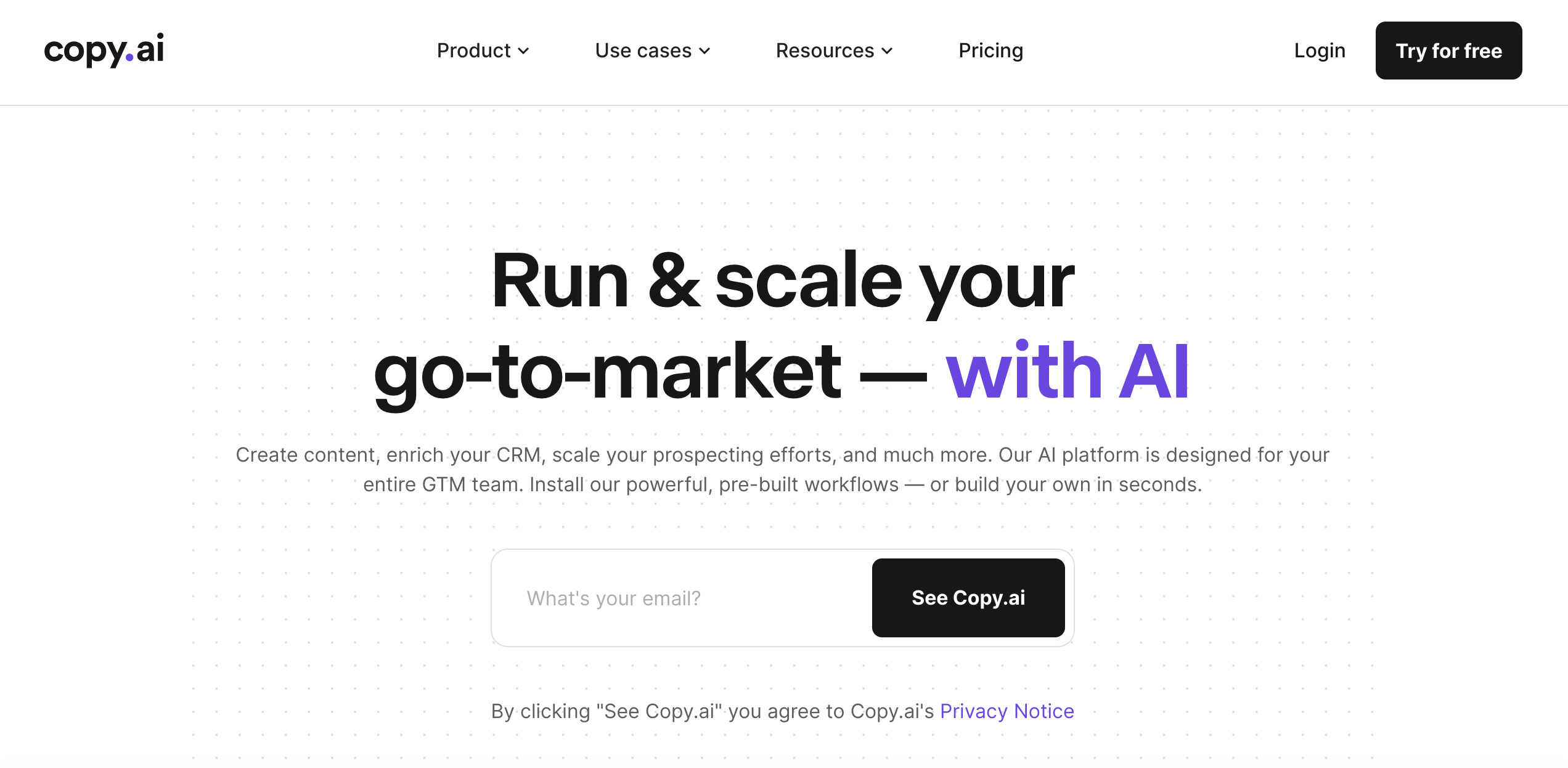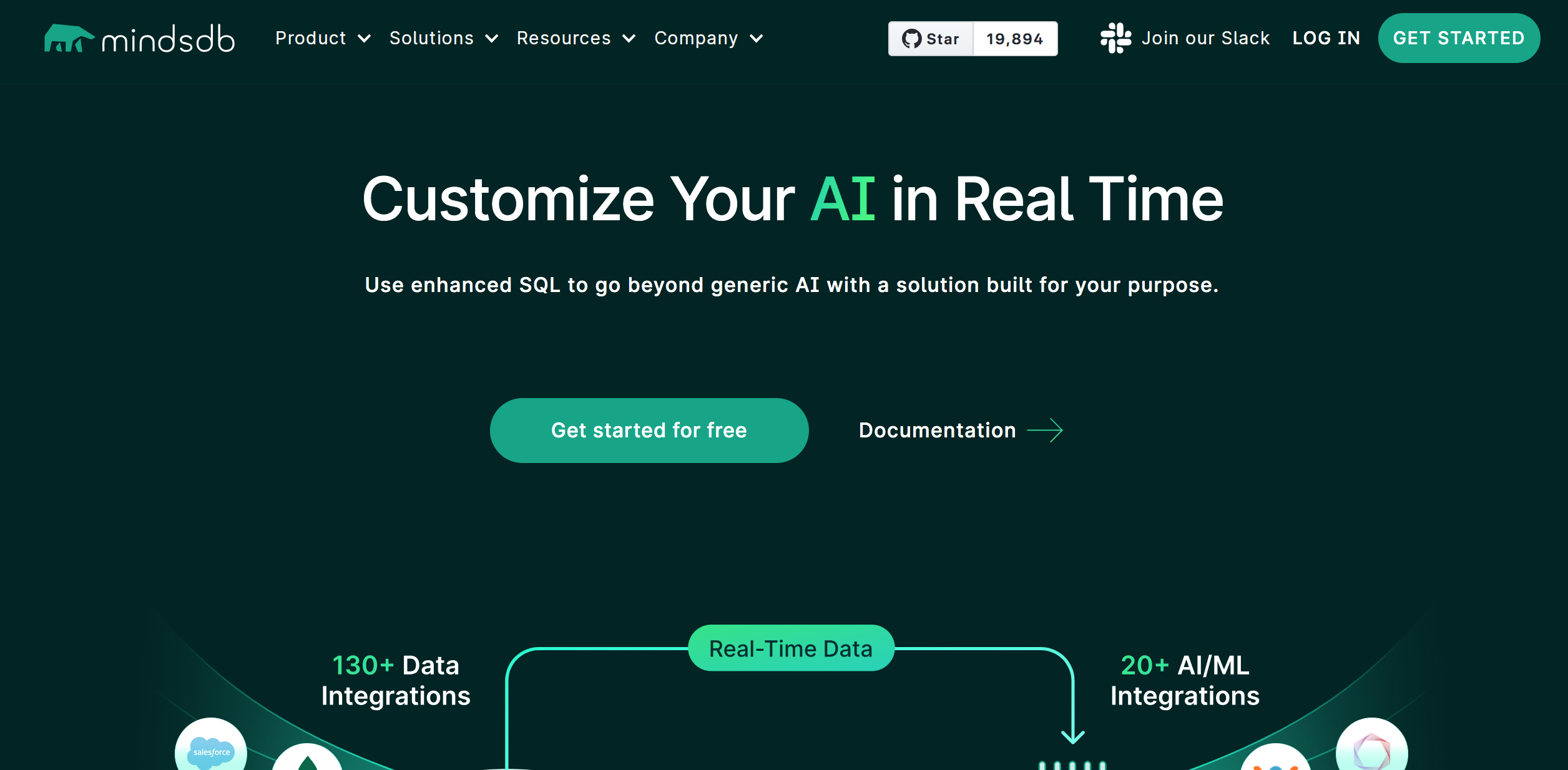I. Introduction
As the amount of data generated by businesses and individuals continues to grow, data security has become a critical concern. Traditional methods of data security, such as firewalls and encryption, have proven to be vulnerable to cyber attacks. In this article, we will explore how blockchain technology can improve data security.
II. The Challenge of Data Security
The challenge of data security is becoming increasingly complex. Businesses and individuals are generating more data than ever before, and that data is being stored in a wide range of locations, from cloud-based services to local servers. This makes it difficult to ensure that data is secure and protected from cyber threats.
Additionally, traditional methods of data security, such as firewalls and encryption, have proven to be vulnerable to cyber attacks. For example, cyber criminals have been able to use sophisticated hacking techniques to bypass firewalls and gain access to sensitive data.
III. What is Blockchain Technology?
Blockchain technology is a decentralized, secure, and transparent way to store and transfer information. It works by creating an immutable digital ledger of all transactions, which is stored across a network of computers. Each transaction is verified by the network, ensuring that it is accurate and secure.
Blockchain technology is best known for its use in cryptocurrencies, such as Bitcoin. However, it has a wide range of other applications, including data security.
IV. How Blockchain Technology Can Improve Data Security
Blockchain technology can improve data security in a number of ways. Here are a few key examples:
- Decentralization: Blockchain technology is decentralized, meaning that it is not controlled by a single entity. This makes it more difficult for cyber criminals to attack, as there is no central point of failure.
- Encryption: Blockchain technology uses sophisticated cryptographic algorithms to encrypt data. This makes it difficult for cyber criminals to read or manipulate data.
- Immutability: Once data is recorded on a blockchain, it cannot be altered or deleted. This makes it easier to track changes to data and ensures that data is accurate and secure.
- Transparency: Blockchain technology provides a transparent way to track transactions. This makes it easier to detect fraud or other types of cyber attacks.
V. Real-World Examples of Blockchain Technology Improving Data Security
Several real-world examples of blockchain technology improving data security exist today. Here are a few notable examples:
- Healthcare: Blockchain technology is being used to improve data security in healthcare. By creating an immutable digital ledger of patient data, healthcare providers can ensure that patient data is accurate and secure.
- Banking: Banks are using blockchain technology to improve the security of financial transactions. By using blockchain, banks can ensure that transactions are secure and transparent.
- Government: Governments are exploring the use of blockchain technology to improve data security. By creating an immutable digital ledger of government data, governments can ensure that data is accurate and secure.
VI. Key Considerations When Implementing Blockchain Technology for Data Security
Implementing blockchain technology for data security can offer a number of benefits, but it’s important to keep a few key considerations in mind:
- Integration: Blockchain technology may require significant changes to existing data security systems and processes. As such, it’s important to carefully consider how blockchain will integrate with existing systems and processes.
- Adoption: In order for blockchain technology to be effective, all parties must be willing to adopt it. This may require significant education and outreach efforts to ensure that all parties understand the benefits of blockchain technology.
- Scalability: Blockchain technology can be resource-intensive and may not be suitable for all types of data security applications. It’s important to carefully consider the scalability of blockchain technology before implementing it.
- Regulation: As with any emerging technology, there may be regulatory challenges associated with implementing blockchain technology for data security. It’s important to stay up-to-date with regulatory developments and ensure that any implementation of blockchain technology complies with relevant regulations.
VII. Conclusion
As businesses and individuals generate more data than ever before, data security has become a critical concern. Traditional methods of data security have proven to be vulnerable to cyber attacks. Blockchain technology offers a decentralized, secure, and transparent way to store and transfer information, making it an attractive solution for data security. Real-world examples of blockchain technology improving data security already exist in healthcare, banking, and government. However, it’s important to carefully consider key considerations such as integration, adoption, scalability, and regulation before implementing blockchain technology for data security.

















